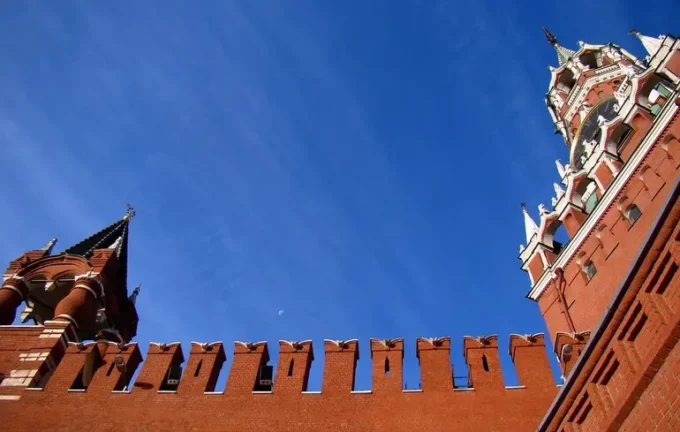Russian Elites Fight for Resources Amid Increasing Authoritarianism and Repression

In recent months, the Russian Federation has experienced a significant decline in its 'feeding base' for elites, prompting a surge in battles for access to scarce resources and influential structures. The escalation of authoritarian tendencies under Putin’s regime is accompanied by intensified repression and targeted criminal cases against previously untouchable figures. Vladimir Kravchenko, a foreign policy analyst at ZN.UA, in his article 'Repressions, WhatsApp, and Potatoes: How Putin's Regime Survives' points out that these actions are not undertaken solely for their own sake but serve as tools for control and power consolidation. The core reason behind the internal conflicts within the Kremlin is the shrinking resource base, forcing elites to compete fiercely over finances, land, and political influence. This rivalry often manifests in corporate raiding and broad anti-corruption investigations, which, contrary to global expectations, do not threaten the regime’s stability. On the contrary, experts argue, they even help sustain an autocratic system by enabling the Kremlin to control and prevent the emergence of a new Prigozhin or comparable leader. Within the power structure, the influence of security authorities, especially the Prosecutor General’s Office and its head Igor Krasnov, has grown significantly amid the investigations. These agencies now operate with increased independence and impact, actively participating in political maneuvers. Meanwhile, the role of Alexander Bastikin, head of the Investigative Committee, remains influential but is gradually declining compared to other structures. Simultaneously, Russia continues its transformation into a militarized state, with returning to 'normalcy' becoming unlikely. Recent legislative acts have further expanded the powers of the FSB: Russian scientists are now restricted from foreign contacts without security service oversight, and the FSB has acquired the authority to establish and manage its own detention centers. From 2025, foreign ships entering Russian ports will require approval from a captain authorized by the FSB. Kravchenko emphasizes that such developments, along with the decline in influence of former Kremlin elites, reflect fundamental changes in the rules governing Russian politics. The country has become more centralized, authoritarian, and less susceptible to coordinated opposition, making previous negotiations and understandings largely defunct.

